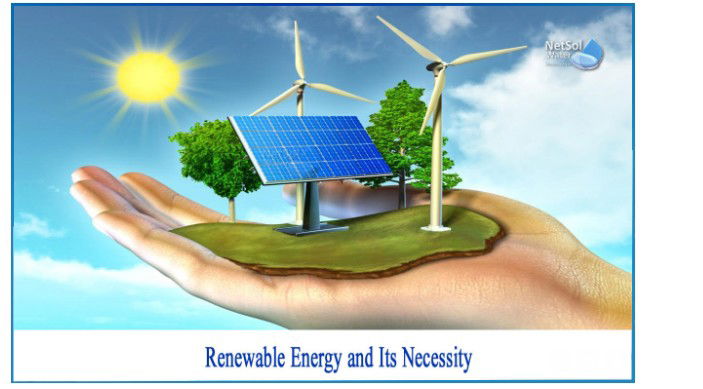Articles features
Beware Blackouts, Embrace Renewable Energy

Have you ever heard of a country-wide blackout?
On April 28, 2025, fifty two million people across Spain and Portugal lost power suddenly, marking the region's worst blackout in decades. It revealed more than a grid failure; it exposed a deeper, global issue. Europe’s aging infrastructure could not keep up with the rapid growth of renewable energy, leading to system breakdowns.
The blackout revealed that energy isn’t just about power, but also about sovereignty, security, and survival; those who control it shape the future. It was a warning shot, with the shockwave still spreading.
Countries are revising energy strategies as the map transforms, not with borders but with power lines. Countries that produce their own energy from wind and solar are less reliant on dictatorships or oil cartels, reducing fears of supply cuts and turning energy into a tool for independence.
Renewable energy is energy derived from natural sources that are replenished faster than they are consumed, such as sunlight, wind, rain, tides, waves, and geothermal heat. These sources are virtually inexhaustible and are a cleaner alternative to fossil fuels, as they generate significantly fewer greenhouse gas emissions and are vital for addressing climate change. Common types of renewable energy include solar, wind, hydroelectric, and biomass energy.
Russia attempted to crush Europe by restricting gas supplies, but Europe accelerated its renewable energy transition, avoided collapse, and navigated the winter effectively. Globally, nations are shifting strategies.
In Pakistan, when oil prices soared, people led the switch to solar energy, doubling capacity in just six years; a quarter of their power now comes from solar sources. In 2024, over 92% of new power capacity worldwide was renewable, making clean energy the primary focus of the industry. Wealthy nations aren’t the only drivers.
Saudi Arabia, the top oil exporter, plans for half its power from renewables by 2030, building massive solar and wind projects, not for PR, but to prepare for a future where oil loses influence. Gulf states aim to export clean energy via hydrogen pipelines and interconnections.
India leads in renewable energy, ranked fourth globally, with ongoing projects and policies like the PM Surya Ghar Muft Bijli Yojana, emphasizing solar, biomass, and waste-to-energy. This is your moment. Choose wisely to be the leader!



































